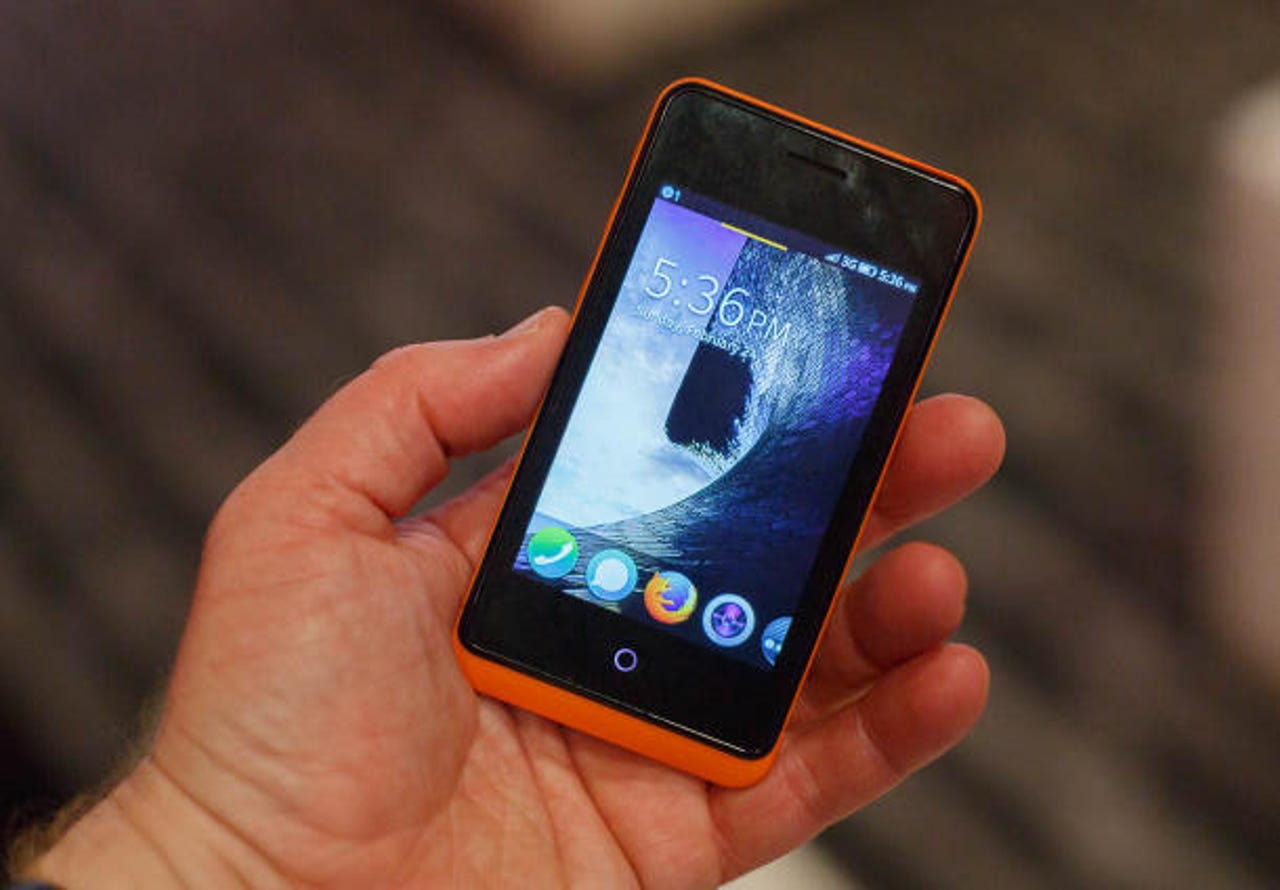For Firefox OS' first wave of devices, it's Poland or bust


Barring any news of a delay, commercial smartphones running Firefox OS should be launched any day now. The first five markets targeted by Mozilla are not your usual suspects, however.
Originally, Mozilla slated a June launch for Firefox OS mobiles in Poland, Venezuela, Brazil, Portugal, and Spain. In Poland, at least, there has been no sign of the new mobile OS yet.
T-Mobile, Mozilla's main partner in the Central European country, told ZDNet this week that it is aiming for a "June or July" launch for its Firefox OS offerings.
The reason Mozilla chose this particular set of countries to launch first is that its chances of breaking into them are markedly better than in more established markets.
"They mostly picked emerging markets," says Annette Zimmermann, principal analyst at Gartner. "Even though Poland is not really considered an emerging market anymore, you do have a strong Android presence there. You now have Android phones in the $70 or even sub-$70 retail price range in these markets, so it is really the lower end we are talking about."
Zimmermann thinks Mozilla and the carriers hope that Firefox OS could shrink the price gap between normal mobile phones and smartphones. Many people in Poland still use what are known as "feature phones" (a euphemism for ye olde cell phone), and Firefox OS might manage a price point low enough that these users might consider upgrading their hardware.
"The Firefox OS developer phone launched in Spain, the Geeksphone [Keon], is now about $120," Zimmermann says. Because that device is aimed at enthusiasts and developers, she expects Firefox-equipped smartphones will eventually dive under the magic $100 boundary, perhaps eventually hitting $50. "That would be the point that customers still using a feature phone would definitively consider a switch."
An even more important driver is the eagerness of carriers to differentiate and lower their dependency on Samsung, the clear leader when it comes to Android phones. All in all, these are the same reasons Windows Phone is currently doing better in Poland than in other markets.
From Mozilla's point of view, Zimmermann thinks Firefox's marketplace independence will help it (the company is encouraging others to build their own app stores and won't force developers to only sell their apps through its marketplace in the same way Apple and Google largely do).
However, one commonly heard critique of Firefox OS is that such an approach takes away an important quality barrier — while Mozilla will promote so-called "packaged apps" through the Firefox Marketplace, companies also can share their own apps without any Mozilla involvement. "The amount of results can be overwhelming, and some of those results could potentially be badly developed. That could confuse users."
The performance of Firefox OS shows in Poland and the four other primary markets could therefore be an indication whether Mozilla could stand a chance elsewhere. For now, Gartner thinks that a third platform will emerge to take a place between Android and iOS, "and that should be Windows Phone," Zimmermann says.
For Firefox OS, it is pretty much wait-and-see, but she thinks it should rather aim at a "best of the rest" spot. "It has the highest potential in that area," Zimmermann says. "There are 18 carriers supporting it worldwide, so there is strong interest."